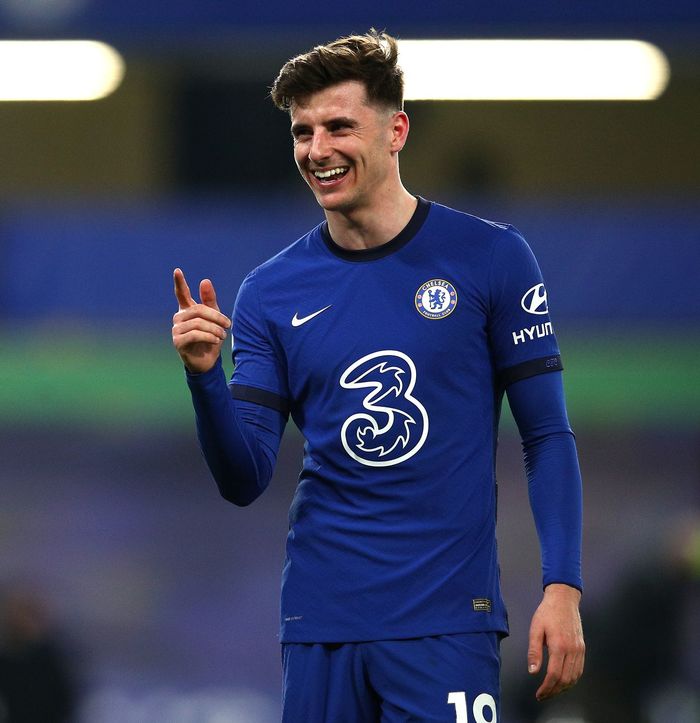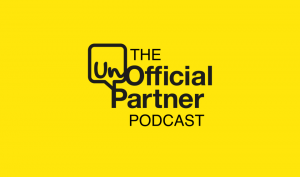Newcastle United’s potential sale has drawn attention from a range of credible takeover parties, but is this a sign there is an overall renewed interest in Premier League clubs from within the Asian, US and Middle Eastern investment communities?
Firstly, Newcastle United should not be a club that is struggling to attract investment interest. It is one of the most decorated clubs in England (11 major trophies is the 9th most in all competitions), it has a loyal fanbase (7th highest attendance for a Premier League club), a long history as a Premier League club and the fastest-growing football club brand according to Brand Finance.
The phenomenal commercial success of the Premier League in the last decade has given English clubs a significant advantage over other European major leagues. The EPL also has the most equitable distributions amongst the five major European leagues, allowing greater spending power to a lower placed team, which will receive 63% of the 1st placed EPL team distribution, as compared to 35% and 23% in La Liga and Serie A respectively. This has, in part, enabled the EPL to be the most attractive European league for external foreign investment, with 13 of the current 20 EPL clubs under foreign private ownership, compared to 5 clubs in Serie A and 7 clubs in Ligue 1.
Although the value of the Premier League’s domestic rights has tapered off, the value of international broadcasting rights has increased by c.35% and is expected to continue to rise into the next distribution cycle (2022-25), which could be the first-time international revenues will exceed domestic rights. For the 2017-18 season, the EPL distributed broadcast and central commercial revenues ranging from approximately £95 million to £150 million per club and Newcastle television revenues exceeded £120 million. This makes even the lower tier of the EPL interesting from an investment perspective.
Mike Ashley has been open to the sale of Newcastle United but finding an appropriate buyer at the right valuation comes with its challenges. Despite strong EPL media revenue growth, these are difficult assets to transact and typically have a long process. It is not uncommon for Premier League clubs to be (privately) for sale for long periods, albeit in most cases, and unlike Newcastle, these processes are not played out in open media in quite the same way.
The reported asking price of £300m (or 1.7x historic revenue) may initially appear quite high – particularly given the expectation of significant further investment in the squad. However, it is also likely that there are also material areas for revenue improvement – particularly in commercial revenue streams such as sponsorship – where previously, other large sponsors may have been crowded out by the club’s association with Sports Direct. When this potential is factored in, a £300m price tag for Newcastle begins to appear more reasonable – with possible upside too.
More generally, Oakwell sees evidence of renewed interest to invest in Premier League clubs from the US and Asian investment communities as well as an increasing number of institutional investors into the sector – indicating a maturing investment proposition.
Whilst some US-based investors may have found it hard to get comfortable with the threat of relegation, a mid-league premier league club valuation from c. 150-300m in one of the world’s most popular sports leagues can still represent good value when compared to US sports franchises.
According to Forbes, every NFL, NBA and MLB franchise are now worth at least $1bn and even the latest Major League Soccer franchise expansion fees for the 28th and 29th teams were set at c. $200m. This makes a Newcastle proposition more attractive to Investors in relative terms – particularly given the possibility of further growth in international markets’ media rights.
Moreover, the wider health of European football has improved dramatically since 2012 alongside UEFA’s financial fair play initiatives and overall losses have declined year on year. The EPL has led this sustainable transition as player wages have reduced to c. 55% of its revenue and EPL clubs are increasingly generating positive operating cash flows (pre-player trading).
There is also evidence that the scarcity of these assets in the world’s most dominant football league has acted to push up prices over time. Over the past 12 years, EPL clubs, for which information is available, have delivered average realised owner return of 20% per annum. This significantly outstrips corresponding growth in annual EPL media revenue growth of 14%, implying that the limited supply of EPL clubs has acted to push up prices.
In conclusion, there has been a marked shift in the approach to EPL clubs over the past decade. Where previously many of these clubs were purchased as ‘trophy assets’, with increasing evidence of sustainable profitability and strong media growth, these investments are becoming more attractive to mainstream investors based on solid underlying fundamentals and significant evidence of capital appreciation. Furthermore, EPL parachute payments distributed to relegated teams over three years provide further security to any investment.
Oakwell believes the EPL growth mirrors the gradual institutionalisation of European sport as an asset class in its own right (a trend that is already well established in the US) and Oakwell has developed significant relationships within this funding ecosystem. To date, the principals at Oakwell have successfully completed transactions for 8 EPL and EFL clubs as well as twice acting as an expert witness in the high court regarding the valuation of football club assets.
The Oakwell team would be delighted to guide you through this continually evolving and exciting sports landscape. Please get in touch.











